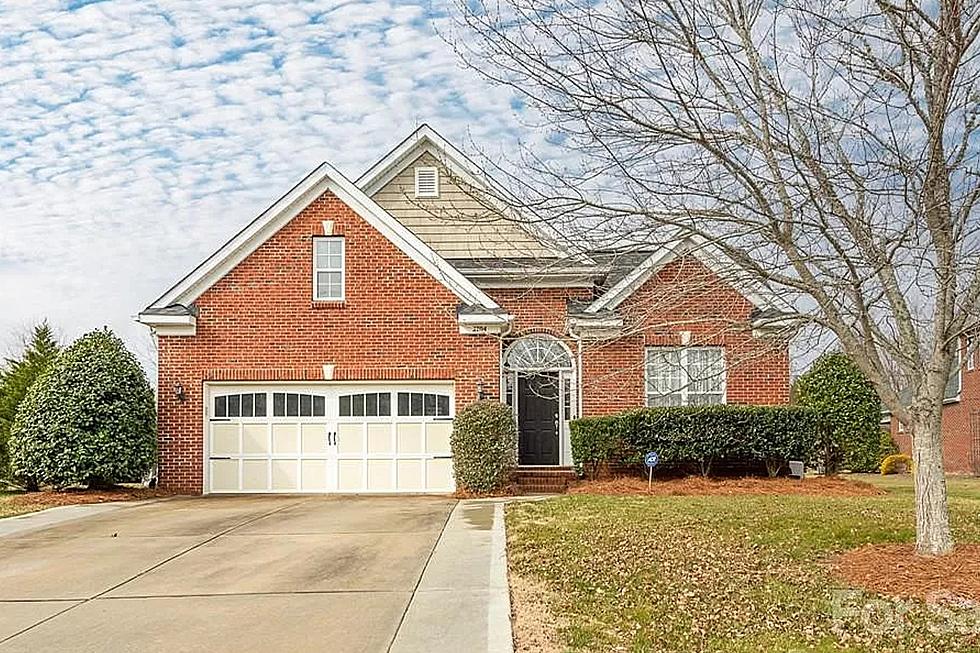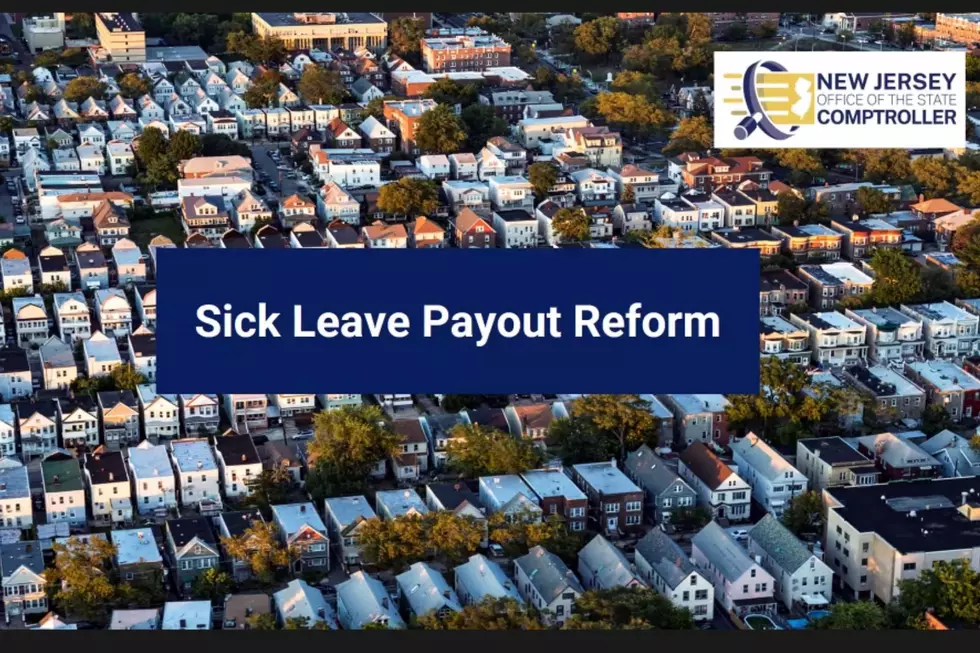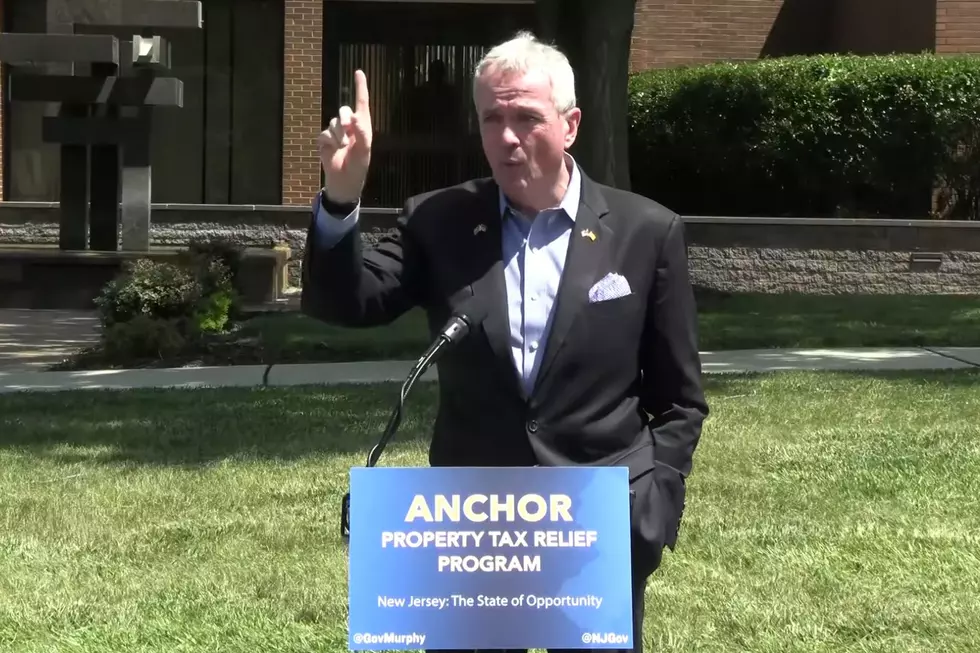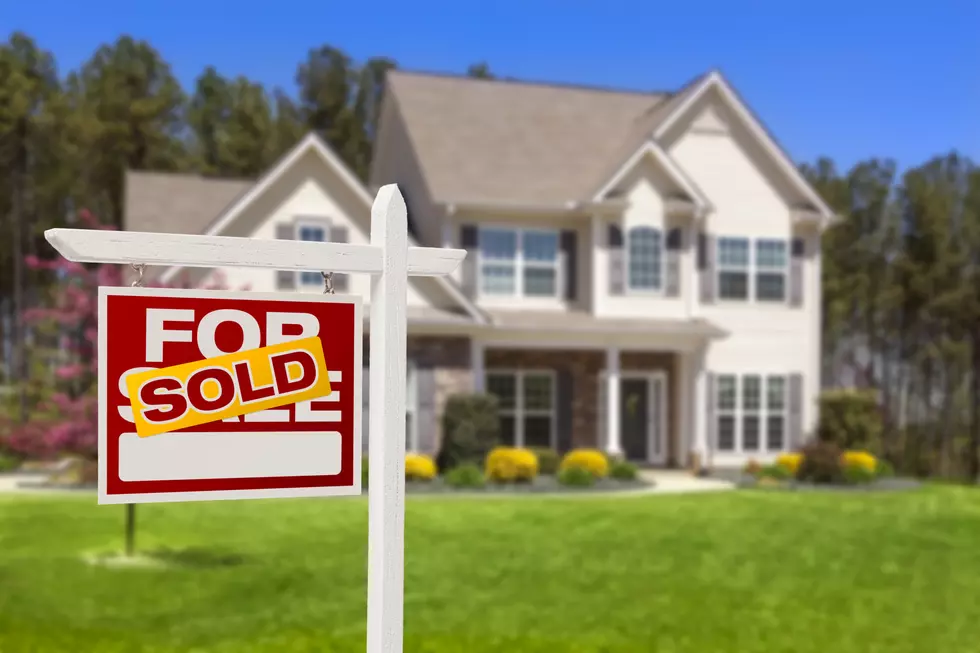![“User Fees” For Emergency Services Addressed In Sweeney’s Bill [POLL]](http://townsquare.media/site/385/files/2011/12/sweeneyrev.jpg?w=980&q=75)
“User Fees” For Emergency Services Addressed In Sweeney’s Bill [POLL]
Twenty-six states currently allow "user fees" for public safety and New Jersey is one of them.
Yesterday, we reported that the ranking Republican on the State Senate Budget Committee says, in a direct response to our series he's readying a bill to, at the very least, limit the authority of municipalities to impose fees for emergency services.
Now the top lawmaker in the State Senate is pushing legislation of his own.
"Fee is just another three-letter word for tax," says Senate President Steve Sweeney. "What are we going to be doing next, paying for street lights to be on like they do in Massachusetts? Are we going to implement fees for every single thing that comes down the road?"
Under Sweeney's proposed legislation, services shifted from a property tax base to a "user fee" base would continue to be counted as part of the current two percent property tax cap for municipalities.
He explains, "We're not saying you can't do a fee, but it's going to count against the two percent cap."
That means towns that implement the fees would have to cut elsewhere to stay beneath the limit.
The 2 percent cap is no joke says Sweeney, "I guess we didn't make that clear enough. Local governments have found a way to implement fees... Municipal governments must do more to control property taxes. Paying lip service to their residents needs for cost containment, then turning around and hitting them with a separate bill, is still just taking more money out of the same pocket."
Today, Lawrence and Medford are scheduled to hold votes asking taxpayers to approve raising taxes above the cap. Sweeney says he will fast-track his bill through the legislature and has already been talking to Assembly members who might want to sponsor the measure in that house.
"Residents already pay fees for emergency services, they're called property taxes," says State Senator Tony Bucco. "If the highest property taxes in America aren't enough to support basic public safety and emergency services, then there is something severely wrong with our spending priorities as a state."
Bucco is working with legislative staff to study the laws of other states and propose a statute limiting the amounts that could be charged and/or under what circumstances. He hopes to submit a proposal to the Senate at its next full meeting. Bucco says, "What we're trying to do is cap the fees or eliminate the fees altogether."
"It adds insult to injury to ask someone whose house caught fire or who was the victim of a crime to cough up more money in addition to the taxes they pay," insists Bucco continued. "Charging people for a basic service in their hour of need is just more proof that the size and cost of government have gotten out of control."
Atlantic City, Bloomfield and Passaic have already passed ordinances creating "emergency response fees," and several other Jersey towns are thinking about doing the same thing.
"These are services that are paid through property taxes or sales taxes and municipalities shouldn't go looking elsewhere to fund essential services that government delivers" says Michael Barry, spokesman for the Insurance Information Institute. "There are some insurers that will pay these fees and there are some that will not. The existence of these types of taxes can place upward pressure on insurance rates in the long run."
"Local officials, first and foremost, have an obligation if not a moral responsibility to provide public quality of life services. And they're looking at ways they can do that, and at the same time be sensitive to property taxes," explains New Jersey State League of Municipalities executive director Bill Dressel explains, "Local officials are trying make sure that in these dire economic times that the residents are not going to be over-taxed for these services."
More From New Jersey 101.5 FM









